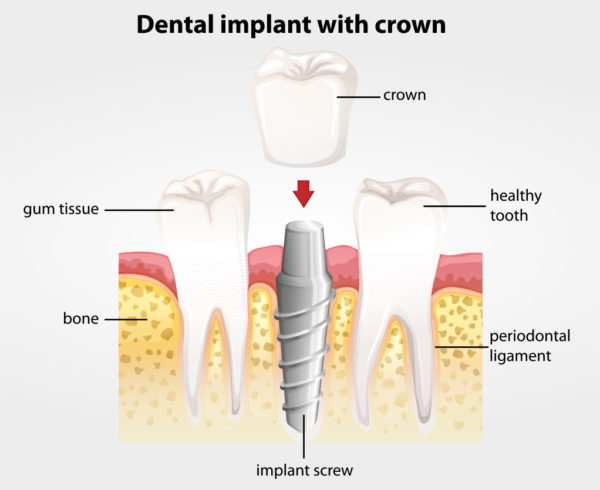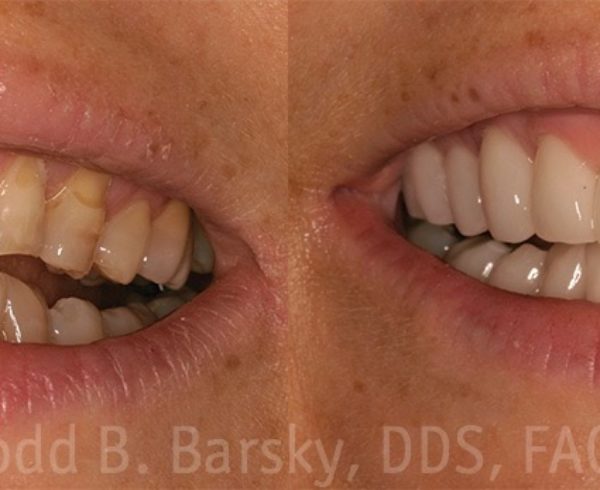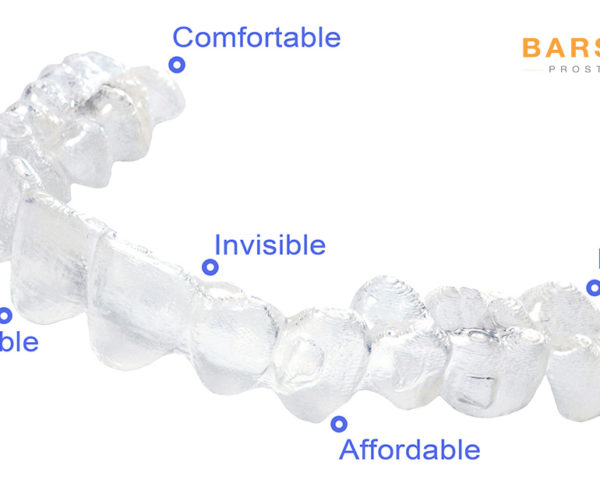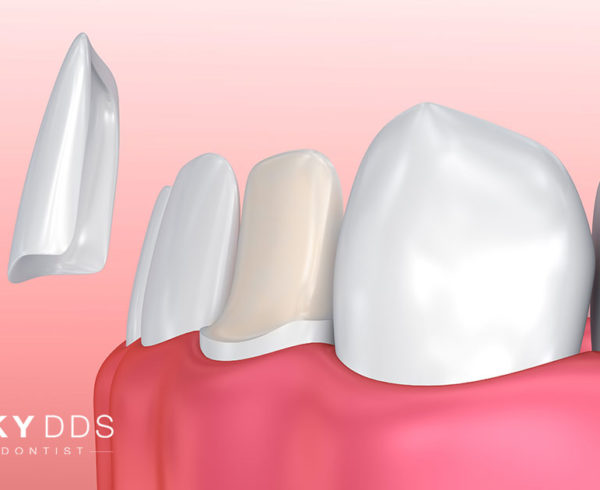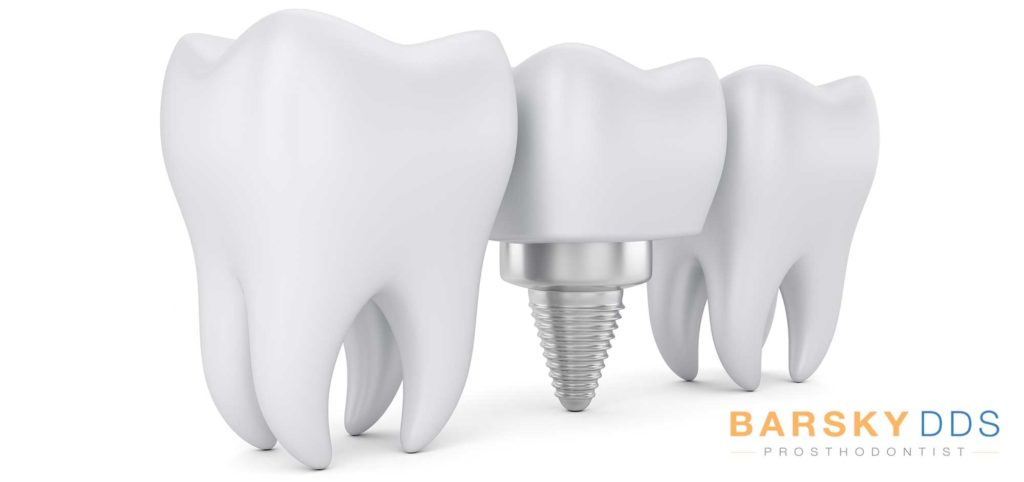
Tooth Crown on top of Dental Implant
Tooth crowns are used in a variety of restorative and cosmetic treatments. Custom-made for each patient, crowns are tooth-shaped restorations that fit over the entire tooth structure, providing strength and reinforcement. In our Miami, FL dental practice, Dr. Todd B. Barsky places dental crowns for patients who have decayed or damaged teeth, or for patients who simply desire to improve the aesthetics of their smile.
Benefits of Tooth Crowns
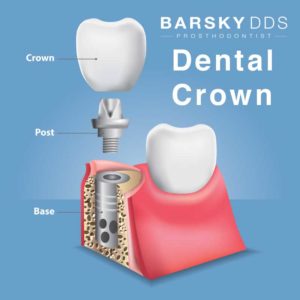
Tooth Crown. 3 parts of the Dental Implant.
Dental crowns are incredibly versatile, and are among the most common dental procedures performed today. In addition to providing strength to weakened teeth, crowns can:
- Restore chewing function and improve your overall oral health
- Decrease tooth sensitivity
- Reduce or eliminate the effects of tooth erosion from bruxism (teeth grinding)
- Decrease the risk of temporomandibular joint (TMJ) disorder
Types of Tooth Crowns
There are several types of crowns available in dentistry today. Crafted from an array of high-quality materials, they can be comprised of metal, porcelain, zirconia, and more. During a consultation with Dr. Barsky, he can help you determine which type of crown is right for your specific needs. Embracing a holistic approach to dentistry, Dr. Barsky typically recommends crowns that are biocompatible for optimal health.
At our practice, we also offer implant-supported crowns. Similar to their conventional counterparts, implant-supported crowns restore dental implants that replace missing teeth. To place an implant-supported crown, a connector – called an abutment – is attached to the implant after it has healed. The abutment extends slightly above the gum line to serve as an anchor for the crown.
Tooth Crown and Implant Process Diagram
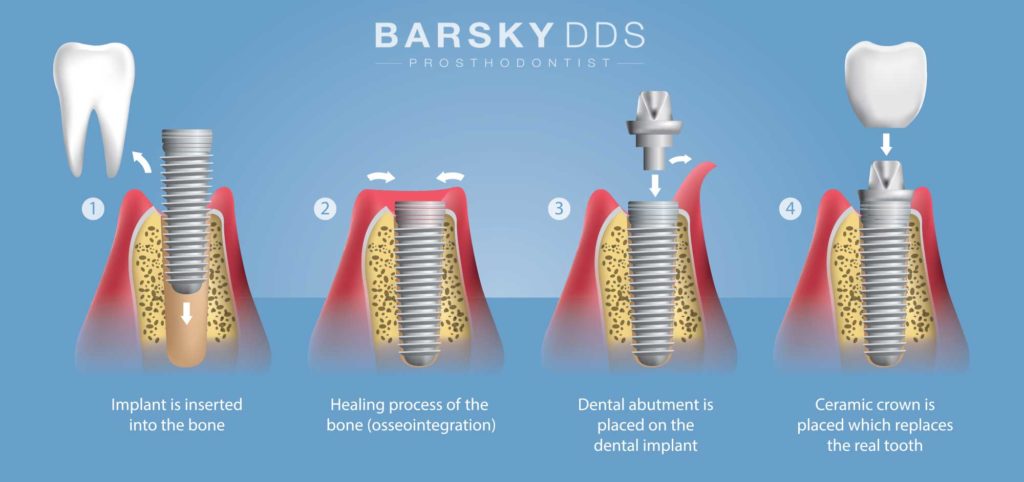
Candidacy for Tooth Crowns
Many patients require crowns for restorative purposes, while others may choose crowns in order to conceal cosmetic imperfections. Dental crowns can:
- Repair tooth decay that is too extensive for dental fillings
- Strengthen weak or fractured teeth
- Camouflage chips and small cracks
- Conceal tooth discoloration that will not respond to professional teeth whitening
- Safeguard teeth following root canal therapy
- Restore dental implants
Traditional Tooth Crown Treatment Process
Receiving a dental crown is a straightforward process, and is typically completed in two appointments. If you have a crown placed at our practice, here are the steps you can expect:
- Preparation: In order to have a crown placed, the natural tooth must be slightly reduced to ensure a proper fit. Any damaged portions of the tooth will also be carefully removed.
- Impressions: Once the tooth is prepared, impressions will be taken so models of your mouth can be made. These models will be sent to our trusted dental lab in order to fabricate your new crown.
- Temporary Crown: While the lab constructs your new restoration, Dr. Barsky will place a temporary crown to protect the tooth in the meantime.
- Fabrication: A skilled ceramist will carefully craft your final crown. This process typically takes about one to two weeks, depending on the case.
- Placement: Once your final crown has been manufactured, we will schedule you for a second appointment to place it. Dr. Barsky will bond the crown into place using a high-quality dental cement.
- Adjustments: Dr. Barsky will carefully assess your bite and make any necessary adjustments for a proper fit.
Once your crown is in place, your chewing function will be restored. You will be able to eat your favorite foods with full confidence. For optimal results, it is important to maintain routine dental cleanings and practice proper oral hygiene habits following the placement of your crown.
Contact Barsky DDS Today
If you have damaged, chipped, or discolored teeth, tooth crowns could be the solution for you. To schedule an appointment with Dr. Barsky, contact us online anytime or call our office at (786) 542-1071.



